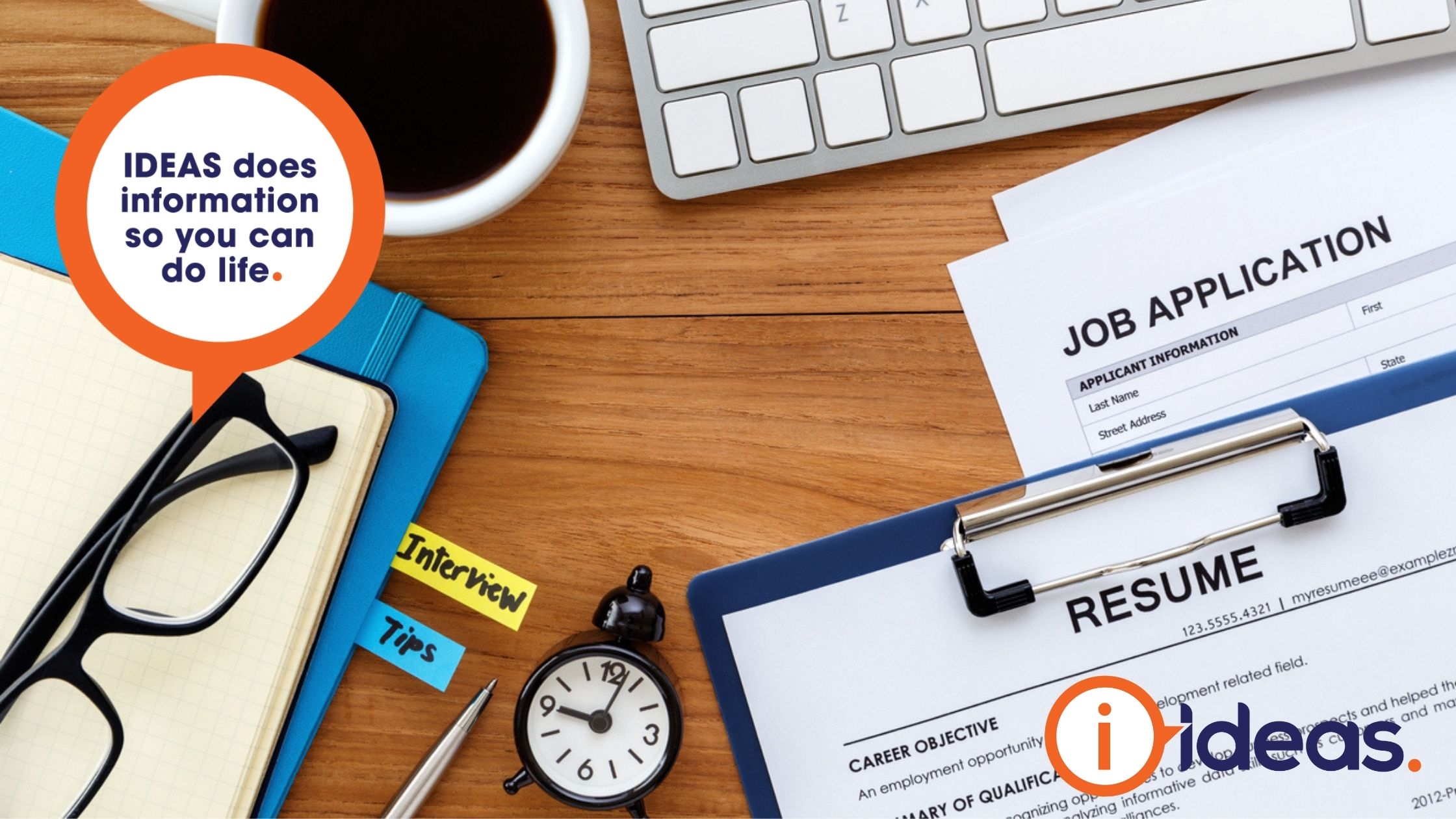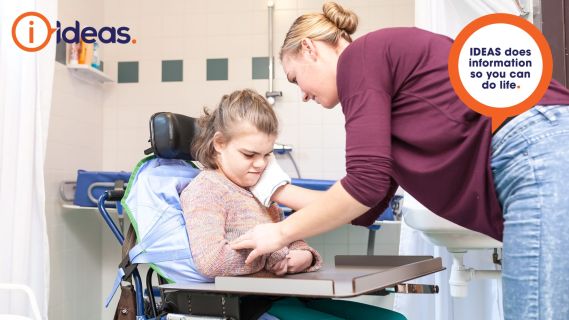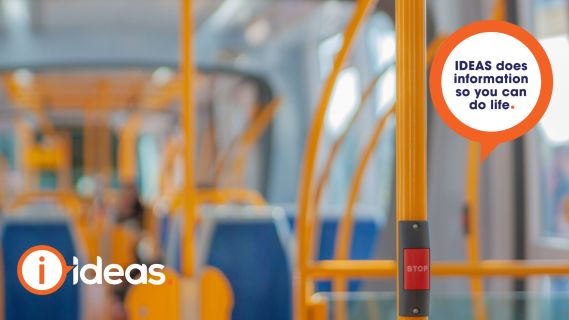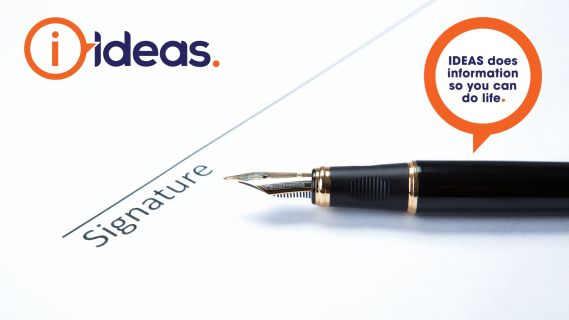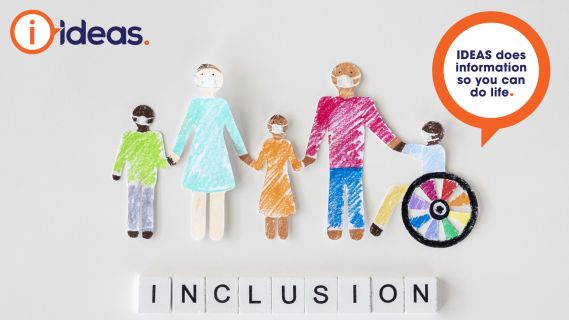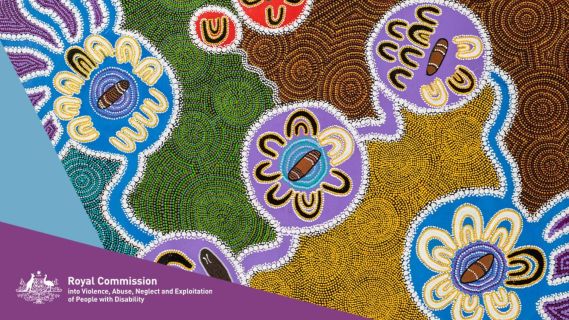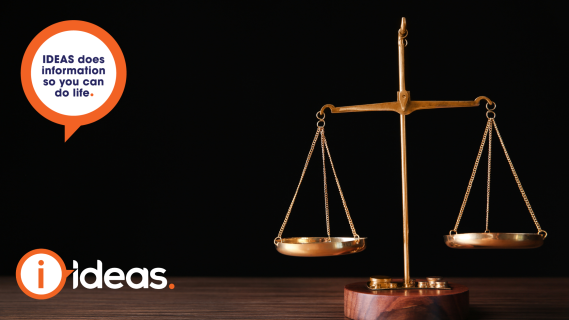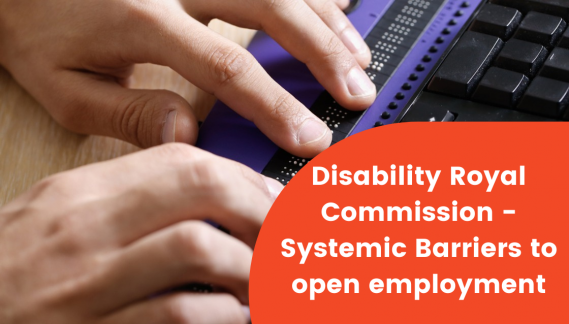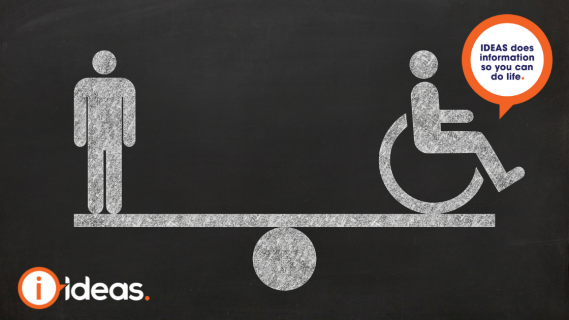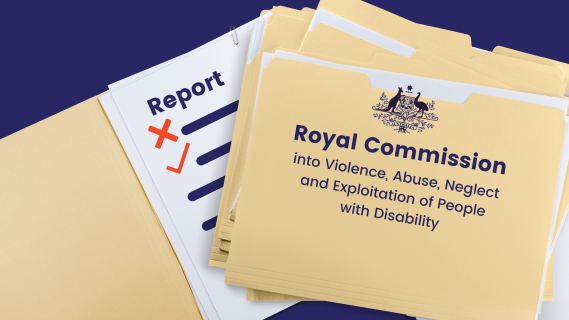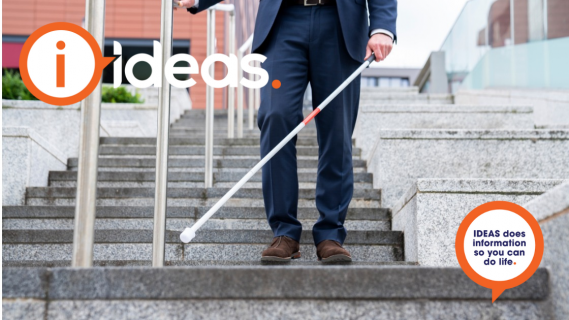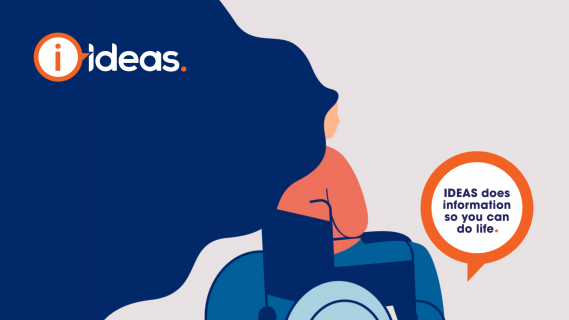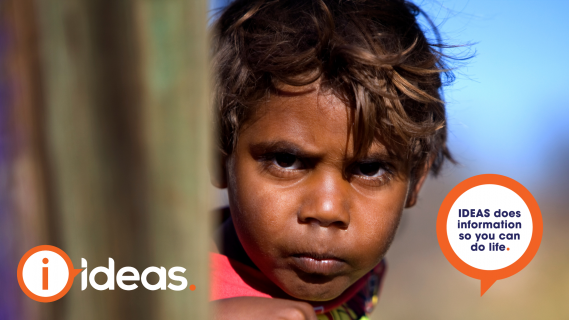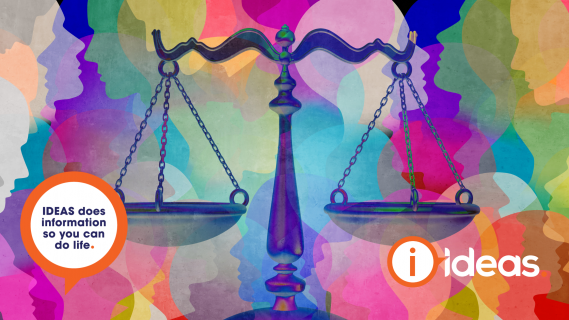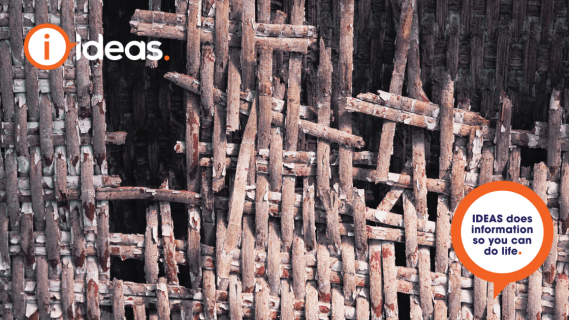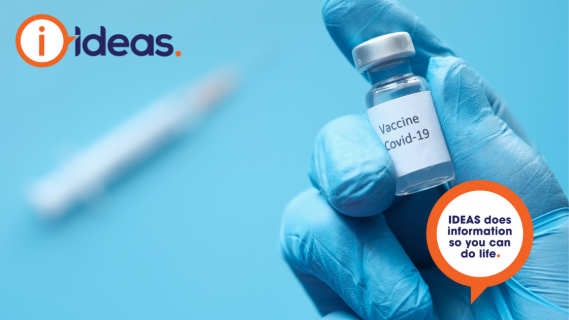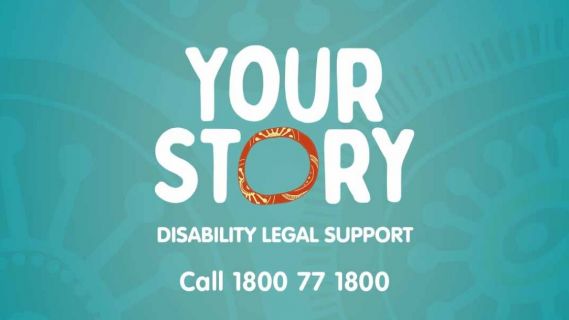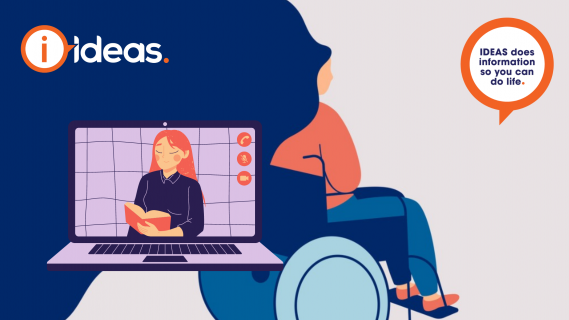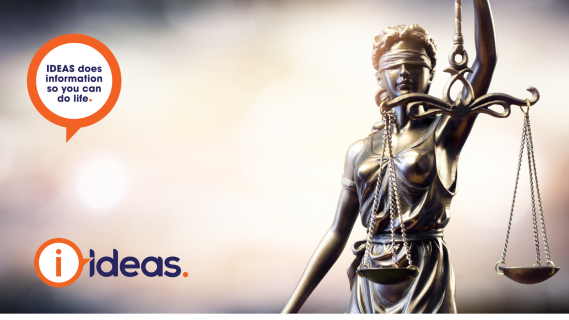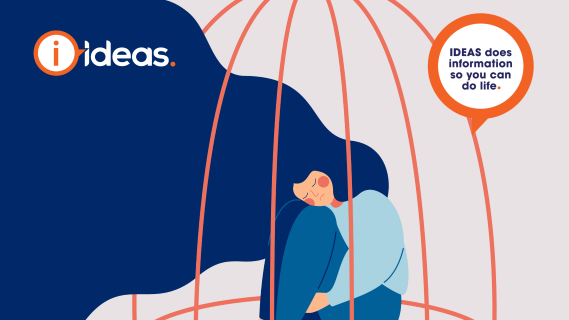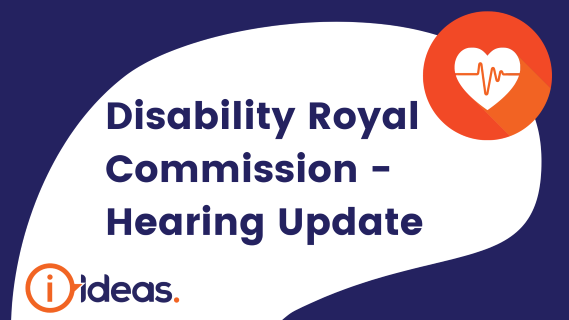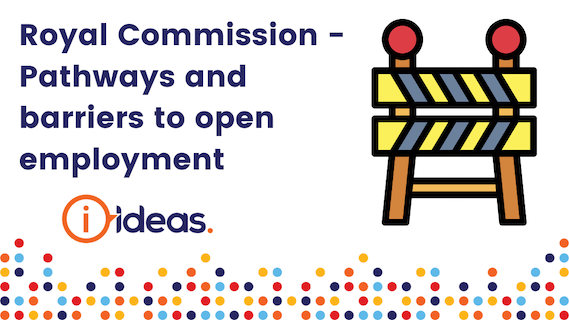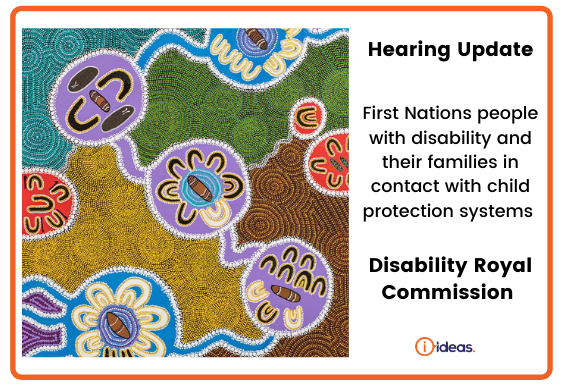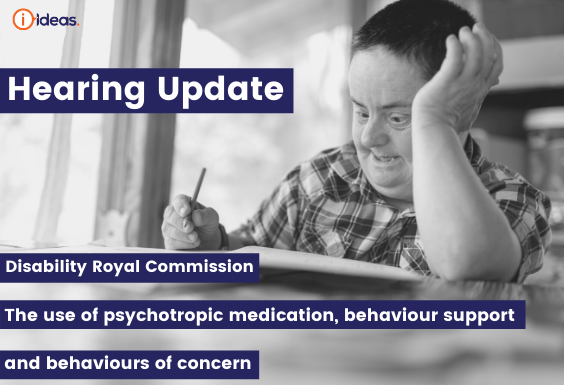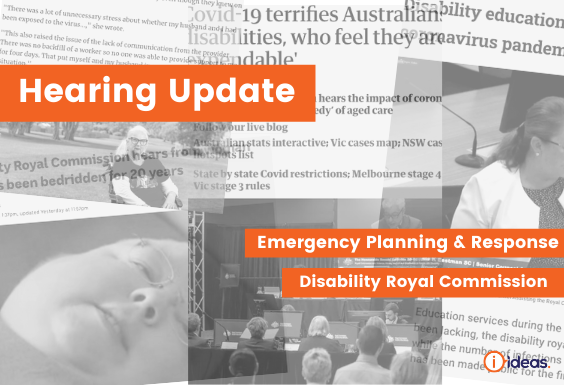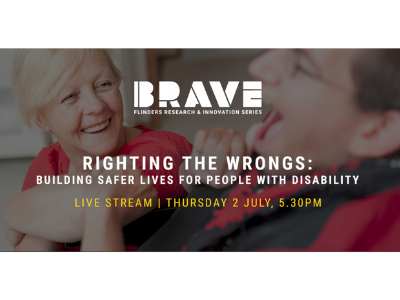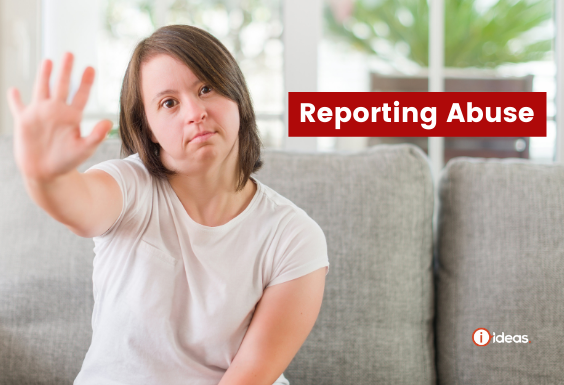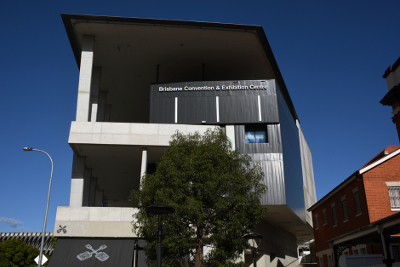The Royal Commission’s next public hearing will examine the experiences of people with disability engaging with the Disability Employment Services (DES) program (Public hearing 21).
Skip to: Live stream | Witnesses | Transcripts | Media coverage | Support services
Content Warning
Some of the stories and information below may contain details about abuse, neglect and mistreatment of people with disabilities. You can find help if you have any concerns because of this information.
How can I attend?
Public hearing 21 will be held from 23-25 February 2022. Due to ongoing COVID-19 restrictions and impacts, the hearing will be conducted online. The hearing will not be open to the public but will be live streamed on the Royal Commission website.
The live stream will include Auslan, captions and audio-only options.
What is it about?
In Public hearing 21, the Royal Commission will examine the DES program and consider whether current laws, policies, funding and oversight cause or contribute to, or operate to prevent, violence, abuse, neglect and exploitation of people with disability who participate in the DES program. Relevantly, it is noted that the Australian Government is currently designing a new disability employment support model for commencement from mid-2023.
Public hearing 21 will focus on a case study about the conduct of a DES provider and the operation of a specific employment program. The Royal Commission will hear evidence from a DES participant, DES provider, advocacy organisation and an Australian Government representative among others.
In the context of the case study, the hearing will examine:
- choice and control of DES participants over employment opportunities
- provision of services and support to DES participants to find a job and post-placement support during employment
- how funding models may impact the conduct of DES providers
- outcomes and expenditure of the DES program
- complaint handling by DES providers
- regulation, oversight and safeguard mechanisms, including the role of the Department of Social Services
- any related matters.
Anyone who believes they have a direct and substantial interest in the subject matter of this hearing, as outlined in Practice Guideline 6, is able to make an application for leave to appear by 5.00pm on Monday 7 February 2022.
Following Public hearing 21, Public hearing 22 scheduled for 11-13 April 2022, will examine the experiences of people with disability working in Australian Disability Enterprises.
This live stream/recording has closed captions and Auslan translations. In addition, there is an audio-only stream option. Recordings can be accessed by clicking on Event Posts in the top right-hand corner of the video frame.Witness List
Official Transcripts
Wednesday 23 February 2022
Download
Thursday 24 February 2022
Download
Friday 25 February 2022
Download
Media coverage
Wednesday 23 February 2022
The Guardian
Witness tells royal commission she arrived at new job as barista trainer to find only a home coffee machine and bottle of long life milk
Saturday 26 February 2022
ABC News
Disability employment services program left woman 'unfit for work', royal commission told
A program to train people with disability to work as coffee baristas left a woman with a "broken heart," a "broken mind" and "certified unfit for work", the disability royal commission has heard.
Sunday 27 February 2022
The Guardian
New job led to ‘broken life’ under disability scheme spruiked as success story
Woman tells inquiry how her experiences at ‘coffee school’ in $1bn-a-year federal program damaged her health and left her heartbroken
Support Services
Your Story Disability Legal Support is a free, independent legal service supporting people with disabilities to share their stories with the Disability Royal Commission safely.
The Disability Royal Commission has set up support services for people with disabilities affected by or interacting with the Commission process. These supports include counselling, advocacy, financial and legal help. For more information and links, read our resource on Royal Commission Support Services.
The National Disability Abuse and Neglect Hotline is a free, independent and confidential service for reporting mistreatment of people with disabilities.

